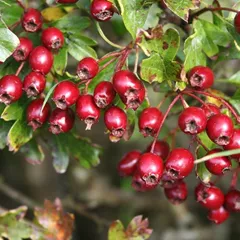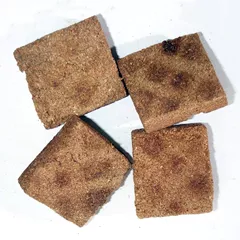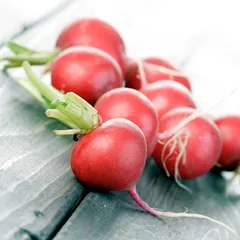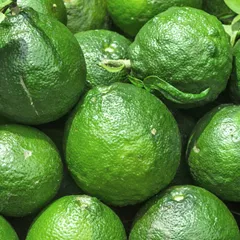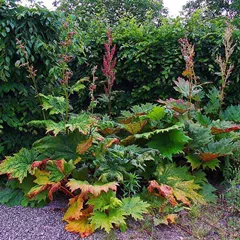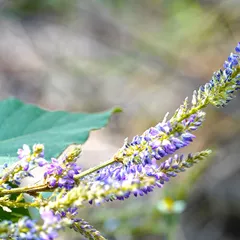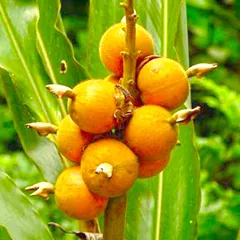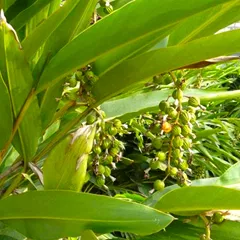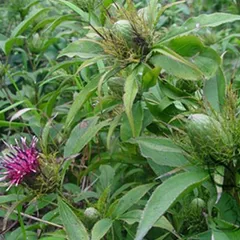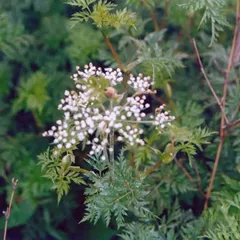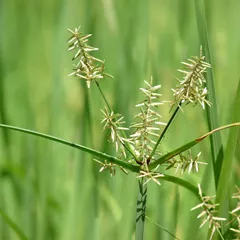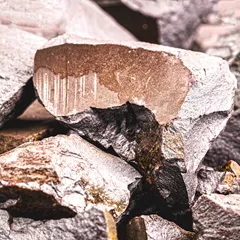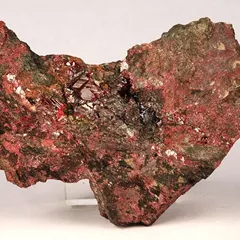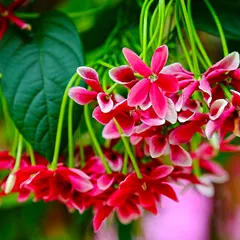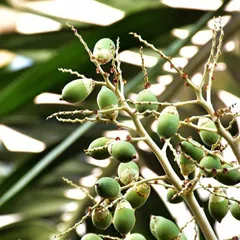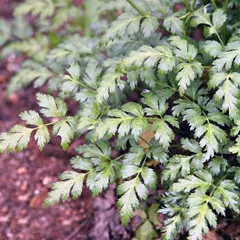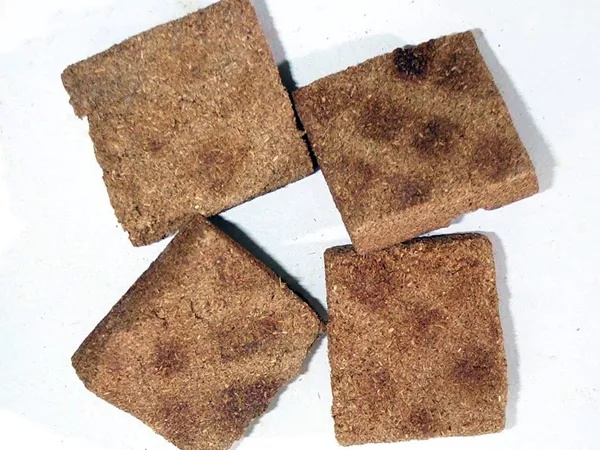
Shen Qu
Shen Qu
English: Medicated leaven
Chinese: 神曲
Use of Shen Qu (medicated leaven) in TCM
Please note that you should never self-prescribe TCM ingredients. A TCM ingredient is almost never eaten on its own but as part of a formula containing several ingredients that act together. Please consult a professional TCM practitioner, they will be best able to guide you.
Preparation: Typically, medicated leaven consists of a mixture of wheat flower, artemisia annua, xanthium, polygonum and other herbs. Sometimes, it is made with mashed apricot kernels and artemisia. The mixture is covered, fermented for a period of one week, cut into small pieces, then dried in the sun.
Dosage: 9 - 15 grams
Main actions according to TCM*: Assists the Stomach in removing Food Stagnation. Harmonizes the Earth element and improves digestion.
Primary conditions or symptoms for which Shen Qu may be prescribed by TCM doctors*: Abdominal pain Abdominal colic Abdominal bloating Loss of appetite Diarrhea Stomach rumble
Contraindications*: This product should not be used by pregnant women nor by those with Stomach 'Fire.
Common TCM formulas in which Shen Qu is used*
Bao He Wan
Source date: 1481 AD
Number of ingredients: 7 herbs
Formula key actions: Reduces food stagnation. Harmonizes the Stomach.
Conditions targeted*: GastroenteritisChronic gastritis and others
Shen Qu is a deputy ingredient in Bao He Wan. This means it helps the king ingredient(s) treat the main pattern or it serves to treat a coexisting pattern.
In Bao He Wan, Shen Qu is especially useful in reducing the stagnant accumulation of alcohol and food. It directs Qi downward to transform Phlegm, warms the Stomach to transform thin mucus, and strengthens the Spleen to alleviate diarrhea and distention.
Zhi Shi Dao Zhi Wan
Source date: 1247 AD
Number of ingredients: 8 herbs
Formula key actions: Reduces and guides out stagnation and accumulation. Drains heat. Dispels dampness.
Shen Qu is a deputy ingredient in Zhi Shi Dao Zhi Wan. This means it helps the king ingredient(s) treat the main pattern or it serves to treat a coexisting pattern.
In Zhi Shi Dao Zhi Wan, Shen Qu reduces the stagnant accumulation of alcohol, one of the main causes of Damp-Heat. It also directs Qi downward to transform Phlegm, warms the Stomach to transform thin mucus, and strengthens the Spleen to alleviate diarrhea and distention.
Ge Hua Jie Cheng San
Source date: 13th century
Number of ingredients: 13 herbs
Formula key actions: Separates and reduces alcohol-dampness. Warms the Middle. Strengthens the Spleen .
Conditions targeted*: HangoversAlcoholism and others
Shen Qu is a deputy ingredient in Ge Hua Jie Cheng San. This means it helps the king ingredient(s) treat the main pattern or it serves to treat a coexisting pattern.
In Ge Hua Jie Cheng San, Shen Qu resolves alcohol toxicity and assists the Spleen in transforming and transporting any Stagnation, partially in digesting foods.
This is necessary because a Spleen burdened with Damp-Heat accumulation is unable to move food along, and the stagnant food combines with the alcohol toxin to produce symptoms such as headache and nausea. Qi-moving herbs such as Amomum fruit and Cuscuta seeds supports Medicated leaven in this matter.
Yue Ju Wan
Source date: 1481 AD
Number of ingredients: 5 herbs
Formula key actions: Promotes the movement of Qi. Releases all types of Stagnation (Qi, Blood, Phlegm, Fire, Food and Dampness).
Conditions targeted*: Peptic ulcersIrritable bowel syndrome and others
Shen Qu is an assistant ingredient in Yue Ju Wan. This means that it either serves to reinforces the effect of other ingredients or it moderates their toxicity.
In Yue Ju Wan, Shen Qu helps clear food Stagnation and it harmonizes the Stomach.
Ci Zhu Wan
Source date: 650 AD
Number of ingredients: 4 herbs
Formula key actions: Heavily sedates and calms the Mind . Pacifies Rising Yang . Improves the vision and hearing.
Conditions targeted*: CataractsOptic nerve atrophy and others
Shen Qu is an assistant ingredient in Ci Zhu Wan. This means that it either serves to reinforces the effect of other ingredients or it moderates their toxicity.
In Ci Zhu Wan, Shen Qu strengthens the Spleen and Stomach and aids digestion.
Not only does it prevent injury to the Stomach Qi from the heavy metals, it also helps disseminate their actions throughout the body.
Focusing on the Middle Burner, it also plays an active role in stabilizing the normal ascending and descending of the Essence and Fire.
Fei Er Wan
Source date: 1156 AD
Number of ingredients: 8 herbs
Formula key actions: Kills parasites. Reduces accumulation. Strengthens the Spleen. Clears Heat.
Conditions targeted*: AscariasisHookworm and others
Shen Qu is an assistant ingredient in Fei Er Wan. This means that it either serves to reinforces the effect of other ingredients or it moderates their toxicity.
In Fei Er Wan, Shen Qu directly reduce Food Stagnation.
Cang Fu Dao Tan Wan
Source date: 1817 AD
Number of ingredients: 8 herbs
Formula key actions: Resolves Dampness and Phlegm.
In Cang Fu Dao Tan Wan, Shen Qu helps digestion and dissolves food accumulation in the Stomach, which will help to resolve Phlegm.
Key TCM concepts behind Shen Qu's properties
In Traditional Chinese Medicine (TCM), Shen Qu belongs to the 'Herbs that relieve Food Stagnation' category. These herbs typically possess digestive and Food moving properties as they relate to the Stomach and Spleen. Some of these herbs are high in digestive enzymes and have varying specific abilities to help with the digestion of food.
Furthermore Shen Qu is Warm in nature. This means that Shen Qu tends to help people who have too much 'Cold' in their body, although with less effect than a plant that would be Hot in nature. Balance between Yin and Yang is a key health concept in TCM. Those who have too much Cold in their body are said to either have a Yin Excess (because Yin is Cold in nature) or a Yang Deficiency (Yang is Hot in Nature). Depending on your condition Shen Qu can help restore a harmonious balance between Yin and Yang.
Shen Qu also tastes Pungent and Sweet. The so-called 'Five Phases' theory in Chinese Medicine states that the taste of TCM ingredients is a key determinant of their action in the body. Pungent ingredients like Shen Qu tends to promote the circulations of Qi and Body Fluids. That's why for instance someone tends to sweat a lot when they eat spicy/pungent food. On the other hand Sweet ingredients tend to slow down acute reactions and detoxify the body. They also have a tonic effect because they replenish Qi and Blood.
The tastes of ingredients in TCM also determine what Organs and Meridians they target. As such Shen Qu is thought to target the Spleen and the Stomach. In TCM the Spleen assists with digestion, Blood coagulation and Fluids metabolism in the body. The Stomach on the other hand is responsible for receiving and ripening ingested food and fluids. It is also tasked with descending the digested elements downwards to the Small Intestine.

